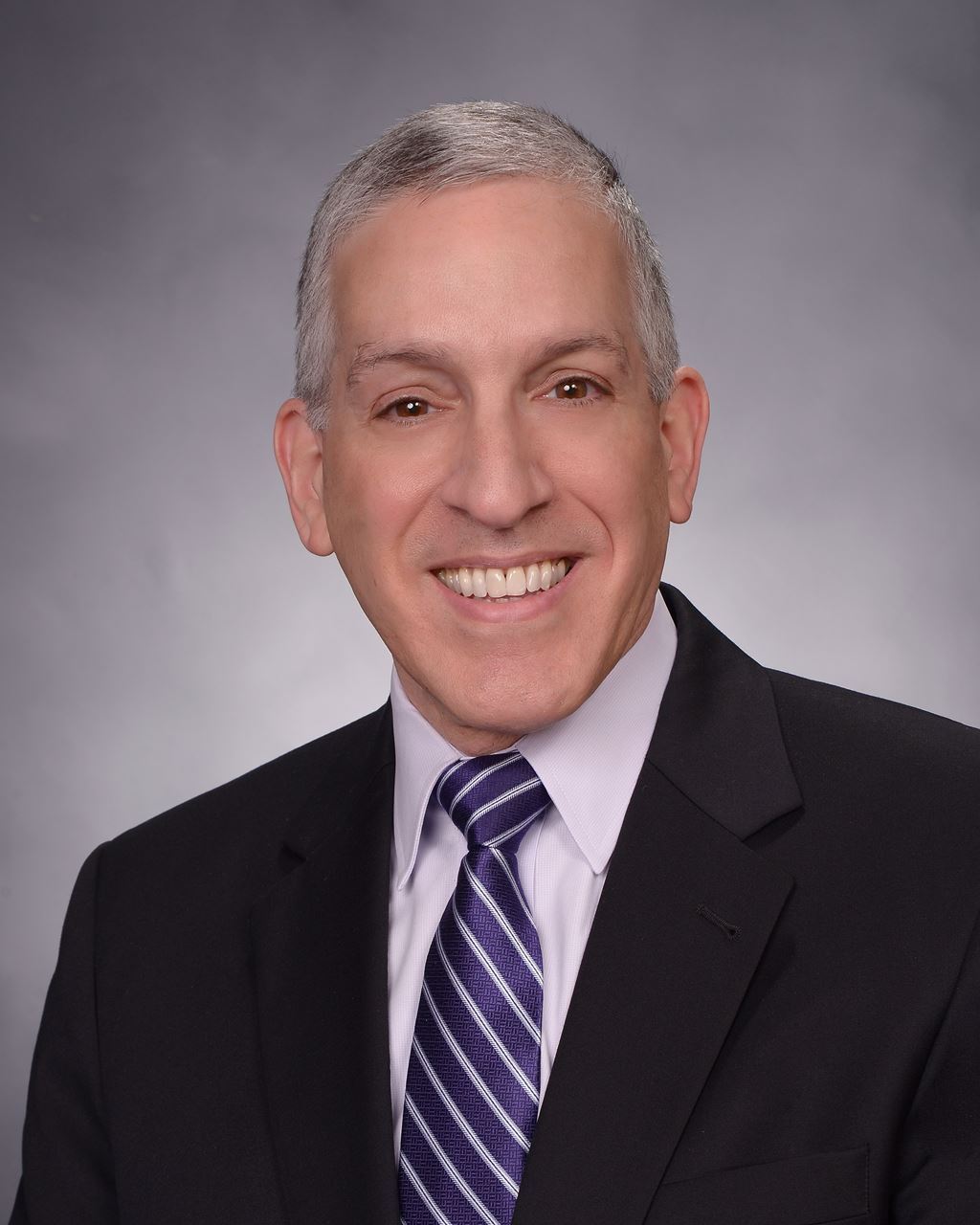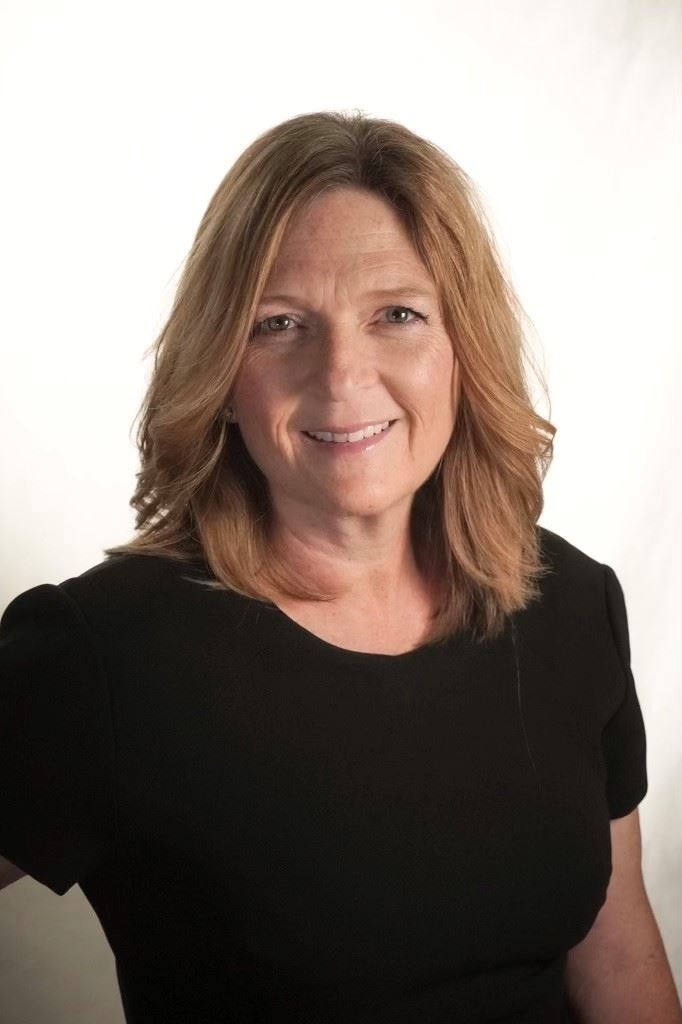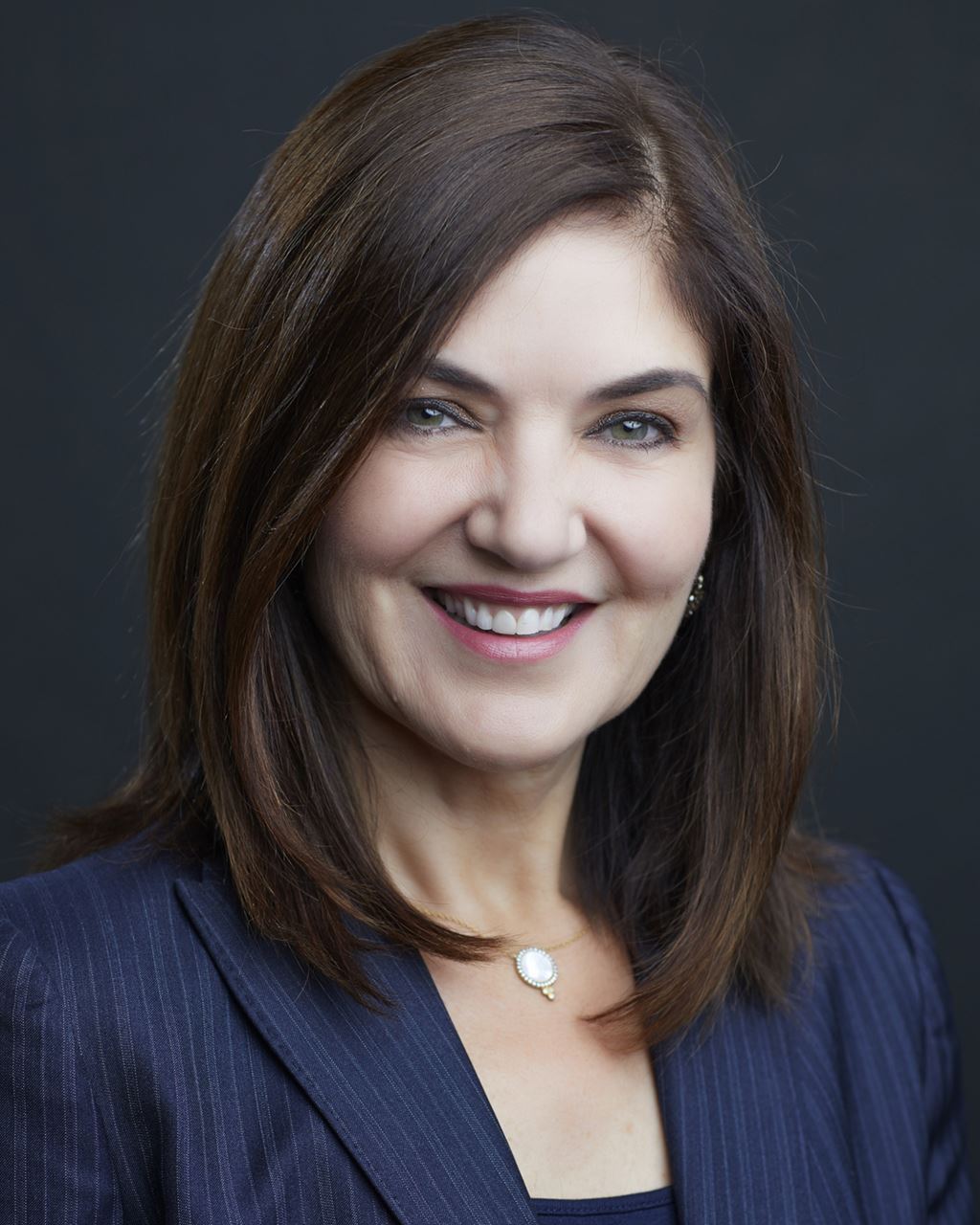September 2022 |
Upcoming events
| Volunteerism is a way to give back to the community. It is also a selfless act and a sacrifice but when you do it, you discover the benefits outweigh all things you give up of yourself. As an NAEF volunteer, you will have the opportunity to reconnect with colleagues, network with other foundation leaders, and contribute to the success of the NAEF. Most of all, this is a valuable opportunity to gain leadership knowledge and experience. We want volunteers who are hard-working, passionate, enthusiastic, and reliable. To be a volunteer, you must maintain an active NAEF membership. Volunteers will be asked to participate in monthly committee calls, bring forth ideas and suggestions, and assist with the implementation of action items. Volunteers are needed for these committees:
How to Apply:Simply email me and be sure to include your preferred committee choice. If you're not sure of your preferred committee participation, call me at 410-527-0780, and I will help match your skills and talents with the appropriate committee. Best, Peter Constantinou |
The Collaborative Relationship of School Foundations, their Districts and the Community By: Deanna Boston, MNM, CFRE
In 2019, as the new CEO of Edmond Public Schools Foundation, working with the board of directors to create a solid strategic plan was one of my first priorities. After in-depth research, wide-spread stakeholder input, and adjustments throughout the pandemic, the five-year plan was adopted in June 2021.
A key component of creating the plan included incorporating the NAEF Guiding Principles. A representative from the Oklahoma School Foundations Network (OSFN) provided training on the Guiding Principles for the board of directors, which were utilized as a beacon when analyzing the needs of the Edmond Public Schools district, and how the Edmond Public Schools Foundation could help meet those needs. Beyond the obvious funding needs of the district, there was an apparent need for the Edmond Public Schools Foundation to build a collaborative relationship with district leadership, district employees and the community. Our strategic planning research found that both the internal district stakeholders and external community stakeholders did not have a clear understanding of the foundation and how it serves the district. This resulted in one of the strategic plan’s core focus areas: Collaboration. Figure 1. Edmond Public Schools Foundation Strategic Focus Areas Connecting and collaborating with the district and community is at the forefront of all the Edmond Public Schools Foundation does. This is reflected in the mission statement adopted in 2021.
Furthermore, the vision statement demonstrates the aspiration of the foundation to have all community stakeholders invest in the district through Edmond Public Schools Foundation.
The entire strategic plan is summarized in a five-year goal statement that includes finding creative ways for internal and external stakeholders to collaborate as a partner in public education.
From the mission statement to the details in the work papers, all areas of the strategic plan tie back to the Guiding Principles. Two of the Guiding Principles detailed in the plan’s work papers include community mobilization and the Student Ambassador program.
In the first full year of the strategic plan, these principles have been activated through community fairs, public events, strategic partnerships with the City of Edmond and CEO placement on Chamber of Commerce steering committees. Throughout the summer, the Edmond Public Schools Foundation hosted the district at several strategic community events to promote their need for district staffing. The next step for this year includes training for board members, advisory council members and student ambassador leaders so they can make formal and informal presentations at school staff meetings, parent organization meetings and in the community. Guiding Principle(s):
In 2019, a Student Ambassador program was created by the Edmond Public Schools Foundation to provide leadership, philanthropy, volunteerism, networking and learning opportunities for district high school students. When creating the strategic plan, this group of students were part of the stakeholder discussion and the plan includes adding a Student Ambassador as a representative to the Advisory Council. The program works to immerse these student leaders in the district and educate them on public education to empower them as representatives of their district and the foundation. Students in this program have spoken on stage at the Foundation’s largest fundraising event, collaborated with the Superintendent to present at convocation, written monthly newsletters to share their perspective, and learned valuable information about public education needs from both the District Superintendent and State Superintendent of Education. Collaborative relationships can go beyond seeking funding for district needs. By collaborating with internal and external stakeholder communities, education foundations can bring value to districts that meet their needs and excel their foundation towards ambitious strategic goals. To learn more about how the Edmond Public Schools Foundation collaborated with the Oklahoma School Foundations Network (OSFN), a program of the Oklahoma Foundation for Excellence, to create its strategic plan, visit the OSFN website learning hub to view the Strategic Planning by Design presentation. | About the Author
Deanna Boston, MNM, CFRE With twenty-five years of professional experience, Deanna has led nonprofit organizations as a Chief Executive Officer, Chief Operating Officer, Community Relations Director, facilitator for nonprofit Standards of Excellence, and a consultant. Currently leading the Edmond Public Schools Foundation, she worked in collaboration with the board, volunteers, and leadership of the Edmond Public Schools district to create new programs, identify new funding streams, implement policies, and strengthen operations. Deanna has a Master’s in Nonprofit Management, is a Certified Fundraising Executive (CFRE), and has additional nonprofit training from the University of Pennsylvania, Lilly School of Philanthropy, and numerous continuing education opportunities. She is a member of Alpha Sigma Nu, an honor society dedicated to serving others, a graduate of both Leadership Tulsa and Leadership Edmond, and is currently completing the Certified Education Leader (CEFL) program. Her graduate research on telephone solicitations laws in all fifty states led to changes in Oklahoma nonprofit laws through the Oklahoma Solicitations of Charitable Contributions Act in 2010. She has shared her nonprofit knowledge and passion as a guest lecturer at the University of Oklahoma and as a consultant in Oklahoma, Texas, Missouri, Alabama, and Washington D.C. Deanna has served in several volunteer and leadership roles: Association of Fundraising Professionals Board of Directors, Rebuilding Together National Affiliate Council, National Conference Chair for Rebuilding Together, Leadership Tulsa, Leadership Edmond, Edmond Chamber of Commerce Diversity and Inclusion Committee, Edmond Chamber of Commerce Leadership Edmond Steering Committee and as a parent volunteer in her son’s schools. She works to inspire youth and young adults to consider the nonprofit profession as a career. In her free time, she enjoys spending time with her husband Kyle and son Ethan, traveling and getting to the mountains as often as possible. |
About the Author
Karin Cox, Karin Cox has helped Hartsook clients raise hundreds of millions of dollars through customized, research-based counsel and guidance. She is adept at drawing out the potential in nonprofits and providing the confidence and competencies they need to raise more money than they ever thought possible. Karin has served in senior leadership roles in nonprofit and business sectors, and is an author, frequent presenter and senior consultant. | Three Little Words No, not those three little words. However, these three little words carry almost the same level of profound meaning and are nearly as effective at strengthening relationships associated with your education foundation. In this case, the words I’m referring to are: I am sorry. |


